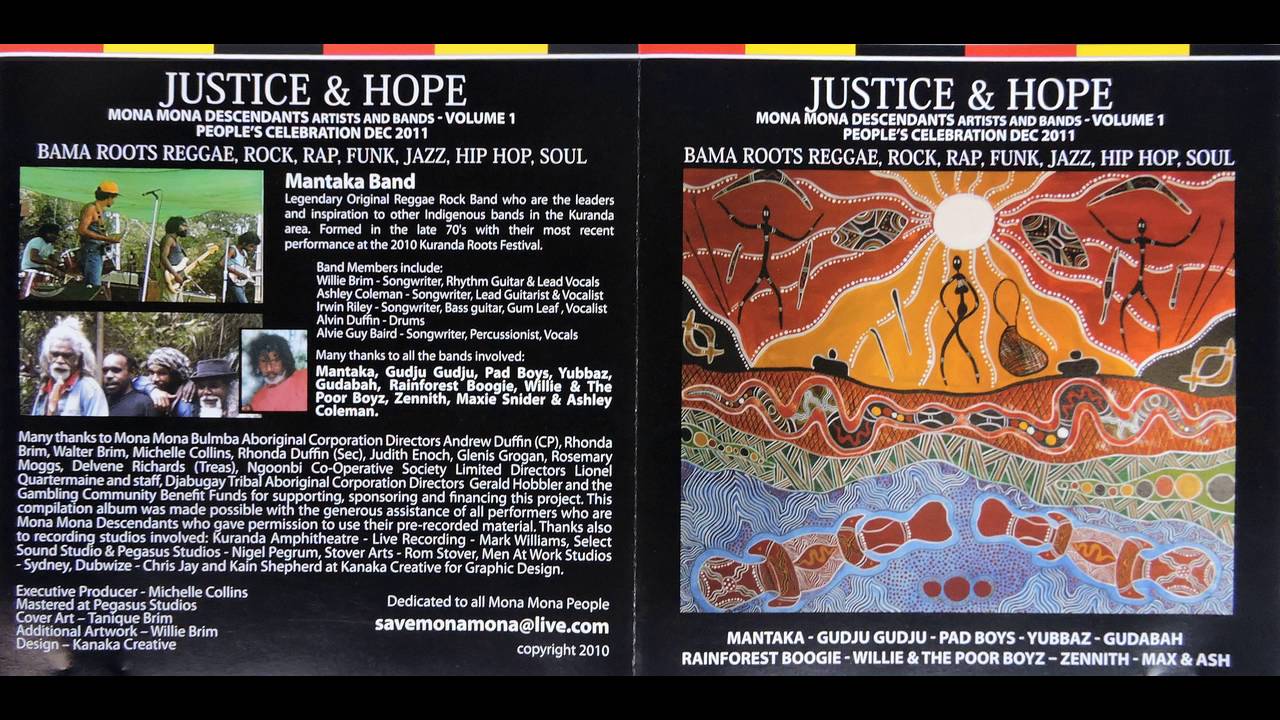

Once again we see what I call the Seppo-Usonian-American tripartite division: the “Israeli” “Americans” or other “Americans” in “Israel”, these are really Seppos through-and-through, they have sold their chance at dignity for a “guarantee” of protection by The Empire, making their own interests align with those of The Empire; the Palestinian Americans, and the solidary Americans in the West Bank generally, these are the true Americans, because for as much as their lives may or may not have been shaped by Americana or by living in the USA, their interests do not align with those of the USA, so these Americans in fact feel very acutely how little their lives actually matter to a USA that despite all evidence insists the contrary.
I genuinely feel like the word “American”, as most people use it, is a sort of Janus word or contronym, it’s a word with multiple contradictory meanings. I have already reflected on this in my own country in Northern Europe, that just because I happen to share a first language and a blue passport with the NATO ghouls, that this alone does not make me and them belong to the same nation, our nations are in fact not only distinct but in an antagonistic relationship with one another! And the “Israeli” “Americans” I would say have far more in common with those Seppo soldiers in Norway, and the Palestinian Americans far more in common with myself, than the opposite or either group with the other.
So this is not a dynamic that’s unique to the (“)Americans(”) in “Israel”/Palestine, this is a dynamic that is omnipresent throughout the entirety of what people presently understand as the “American diaspora” — it just happens to be that in Palestine, the contradictions are much more plainly visible and felt and much more openly discussed… Except even in the case of Palestine, it’s phrased as “Israeli Americans” and “Palestinian Americans”, as if these groups somehow share a common “American-ness” that the US government is simply hypocritical about, as if it’s “brother against brother”. But call a Seppo a Seppo, and all the apparent hypocrisy of the US government towards its overseas citizens disappears in an instant.






And when everyone’s female… Muahahahahaha, no one will be.